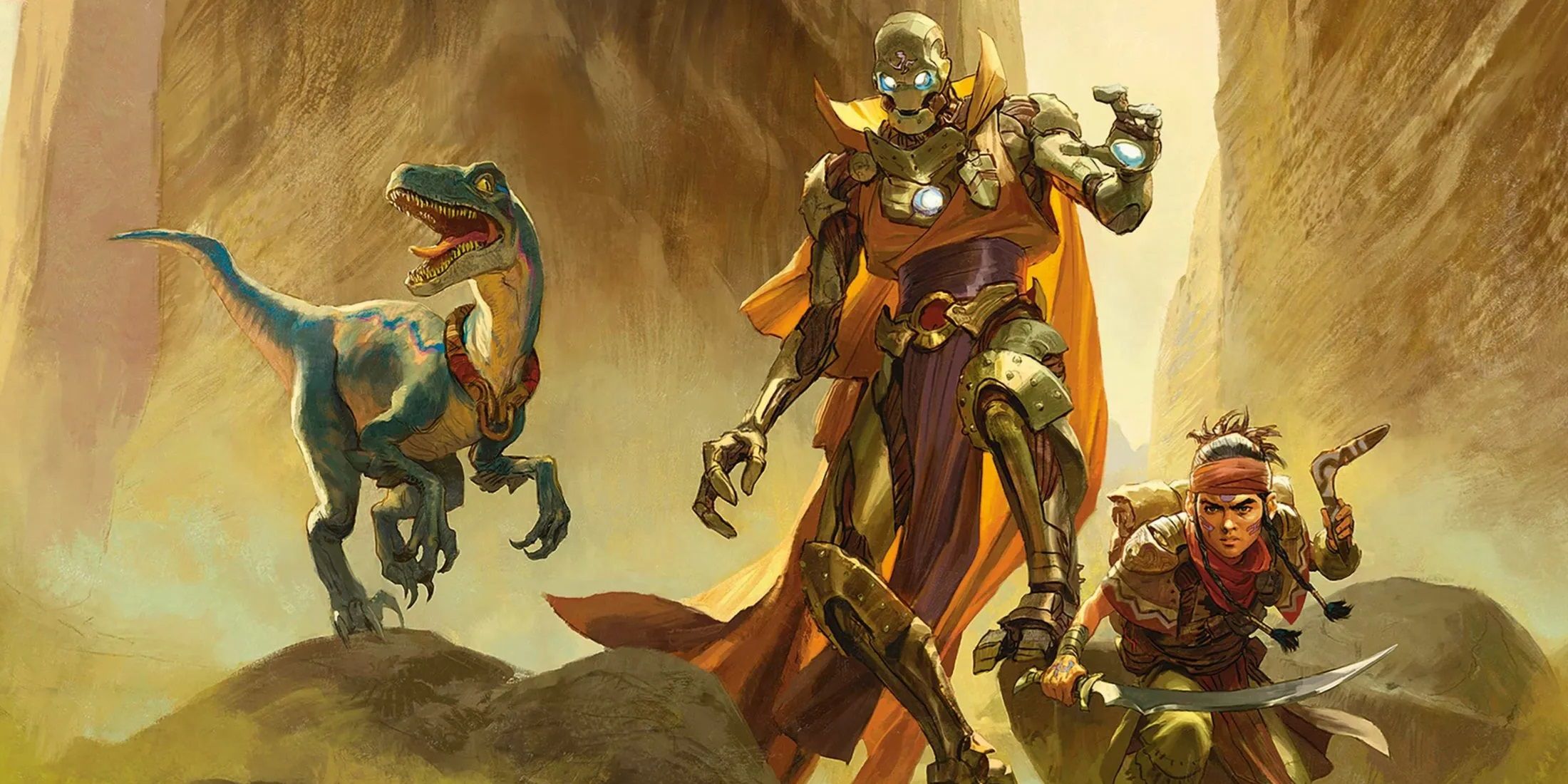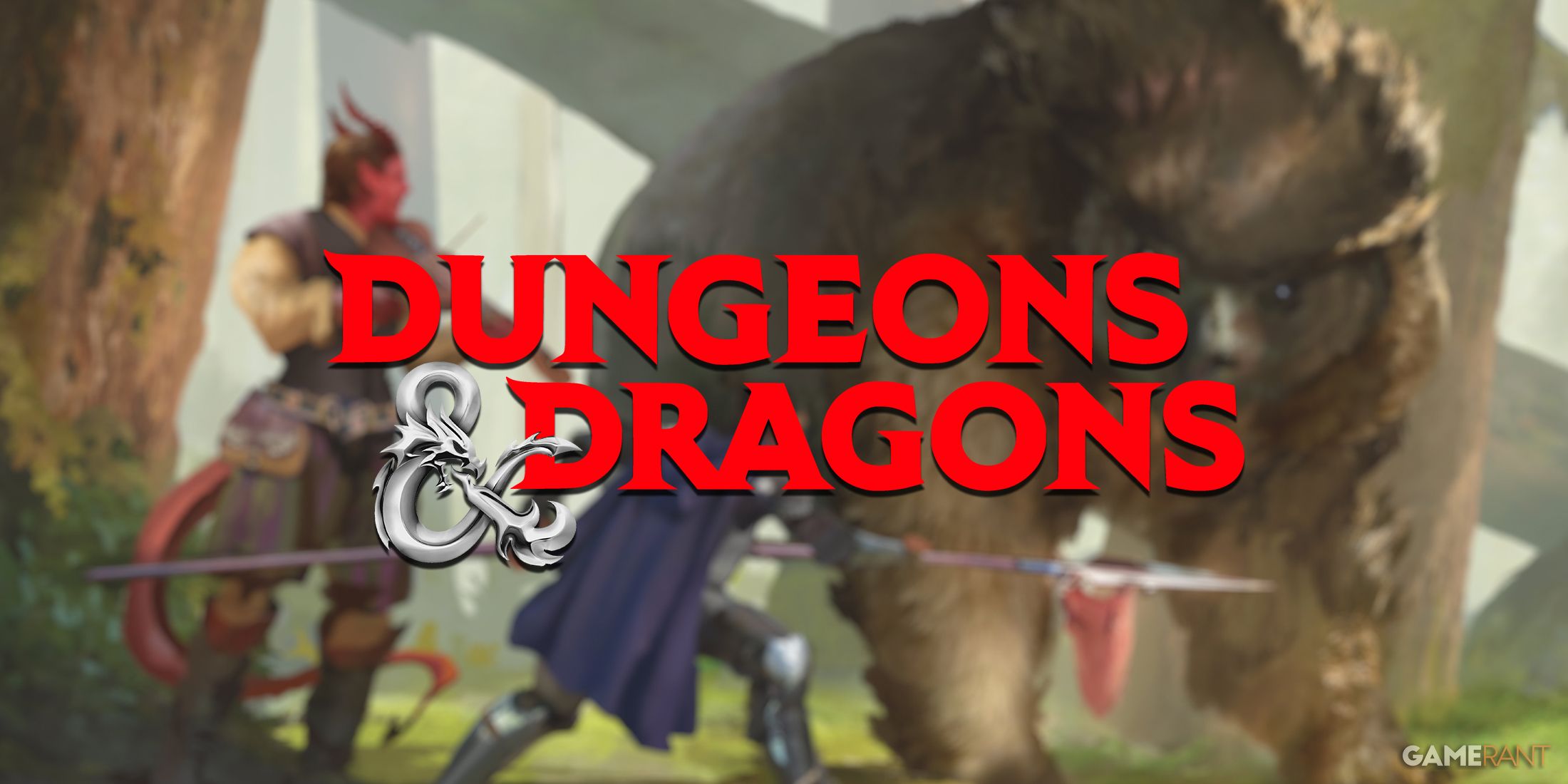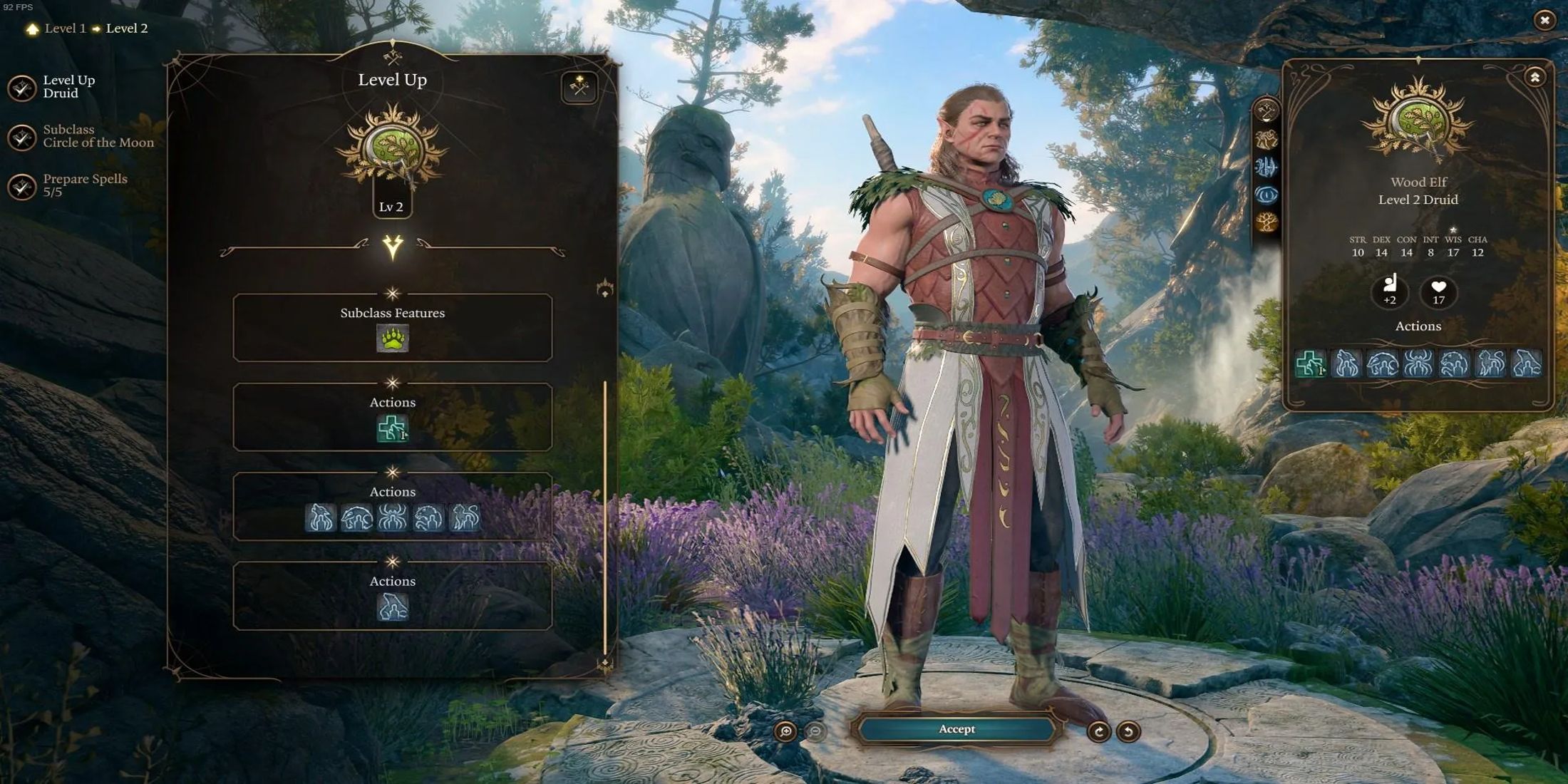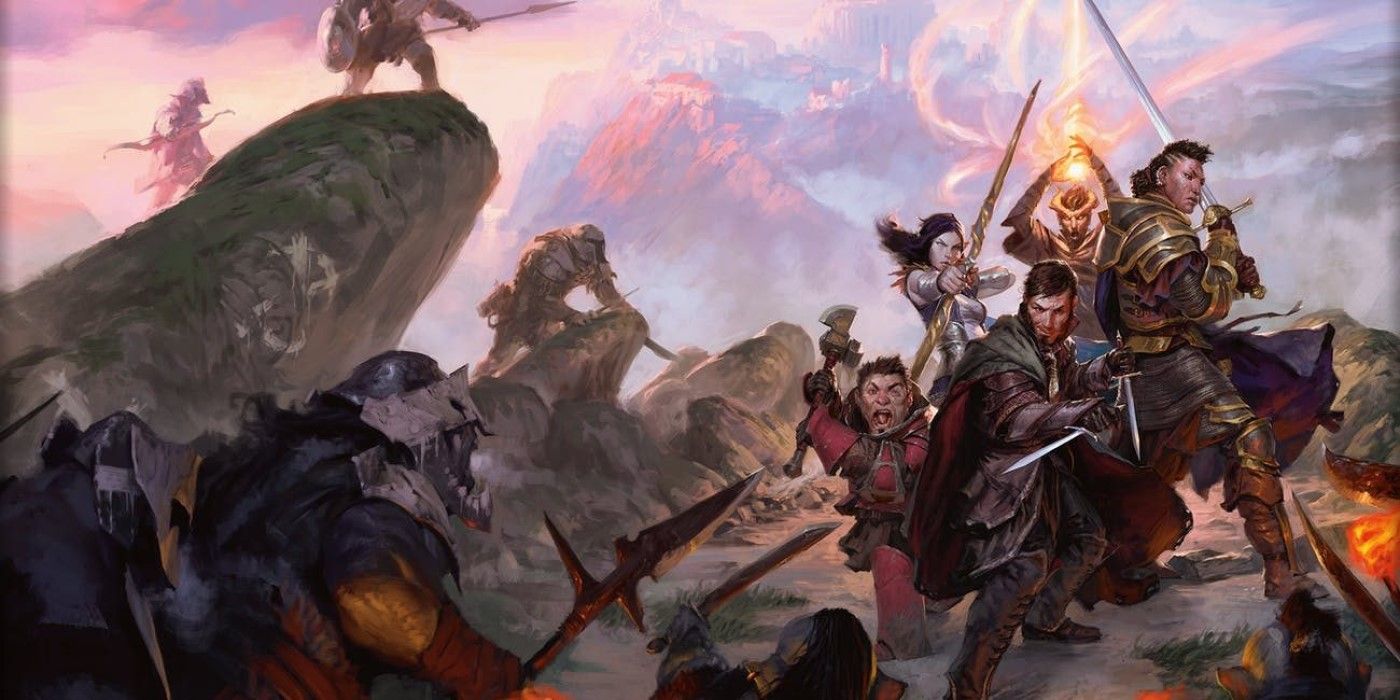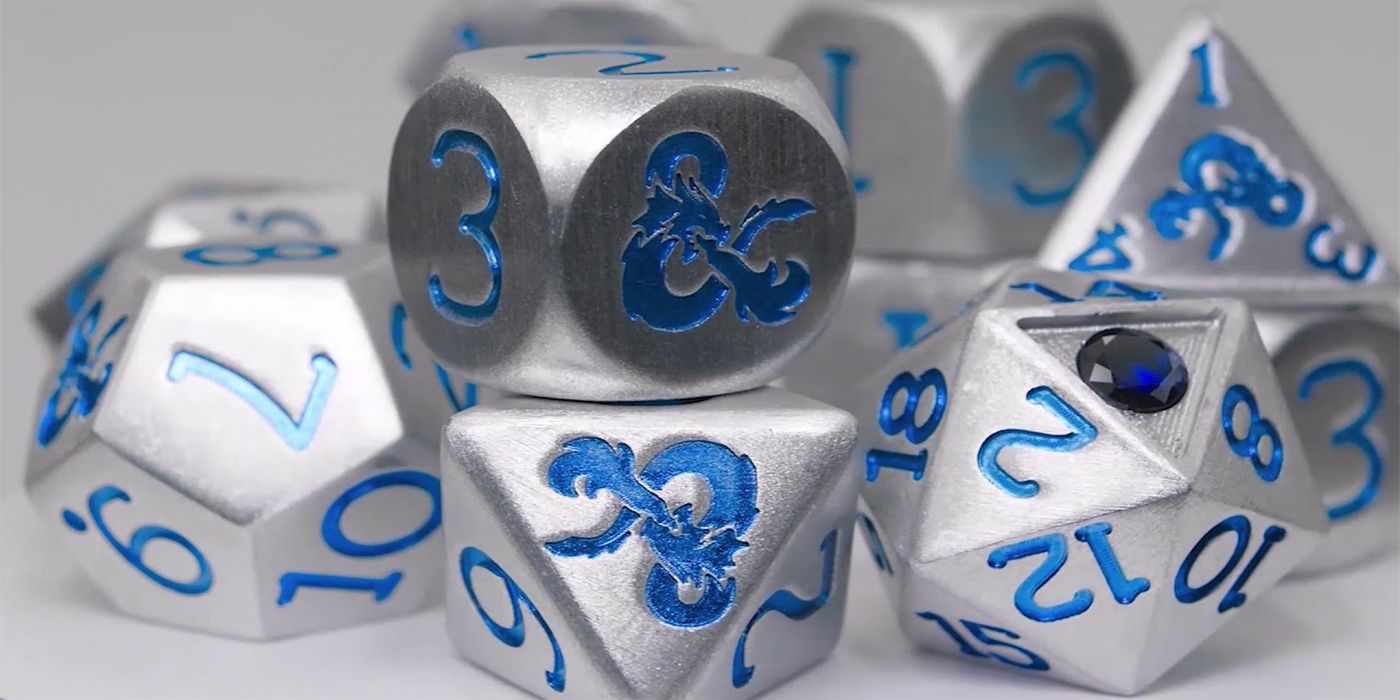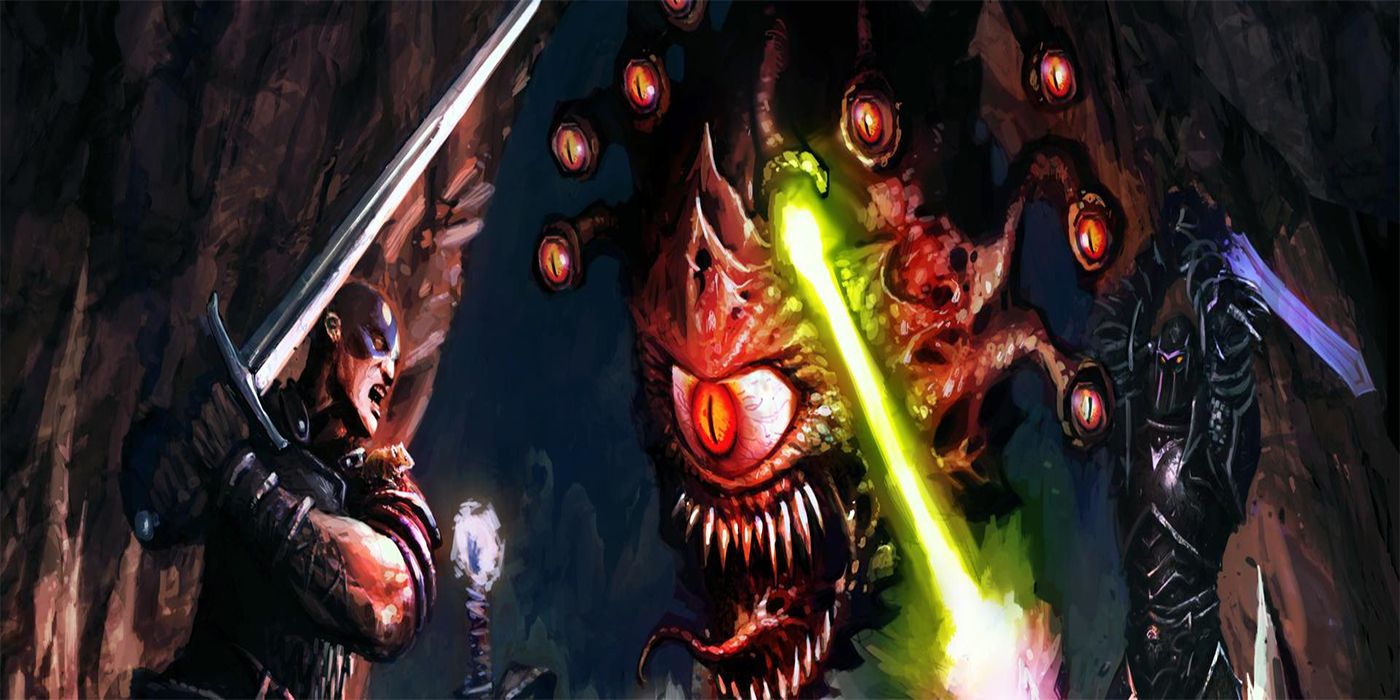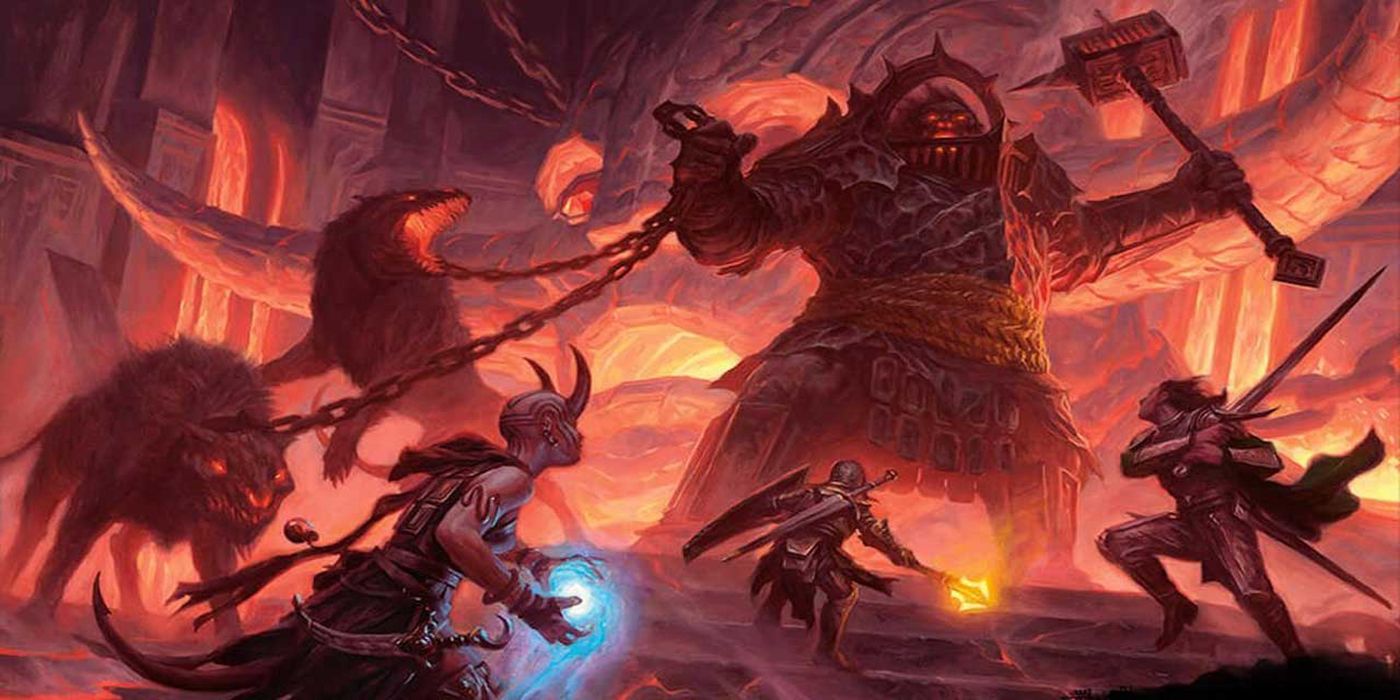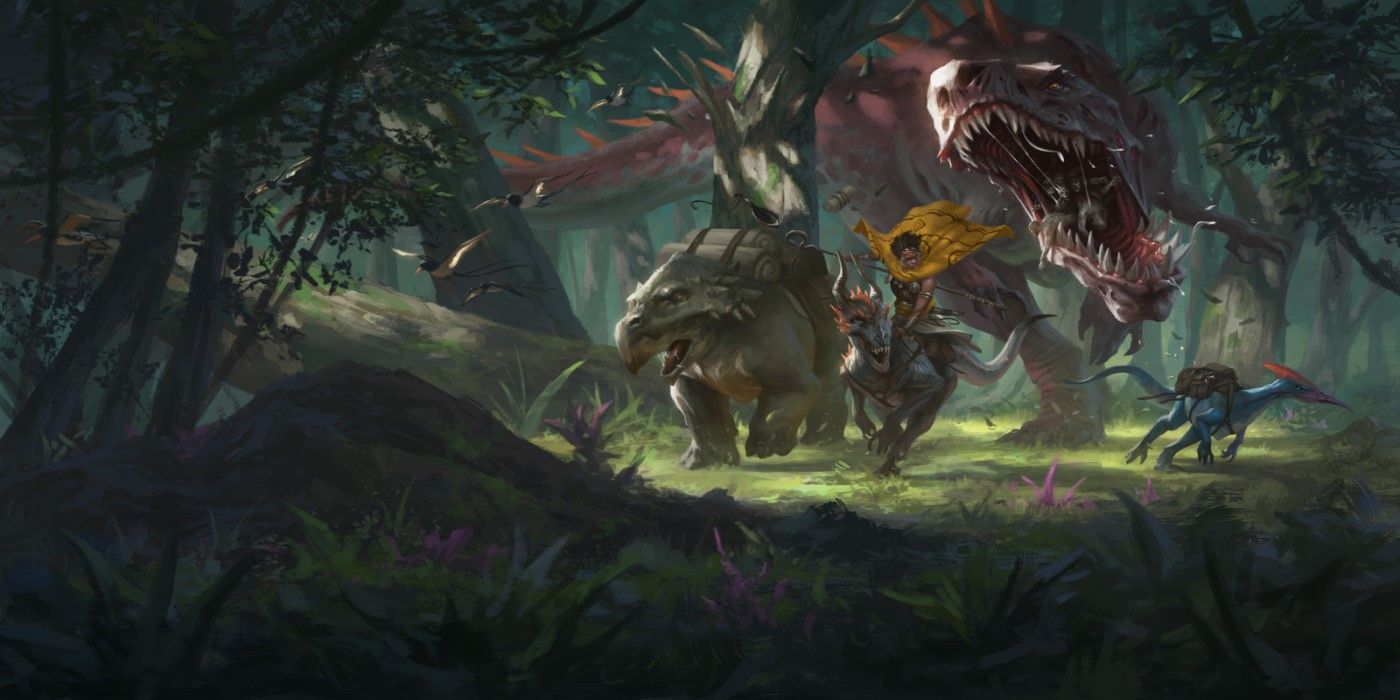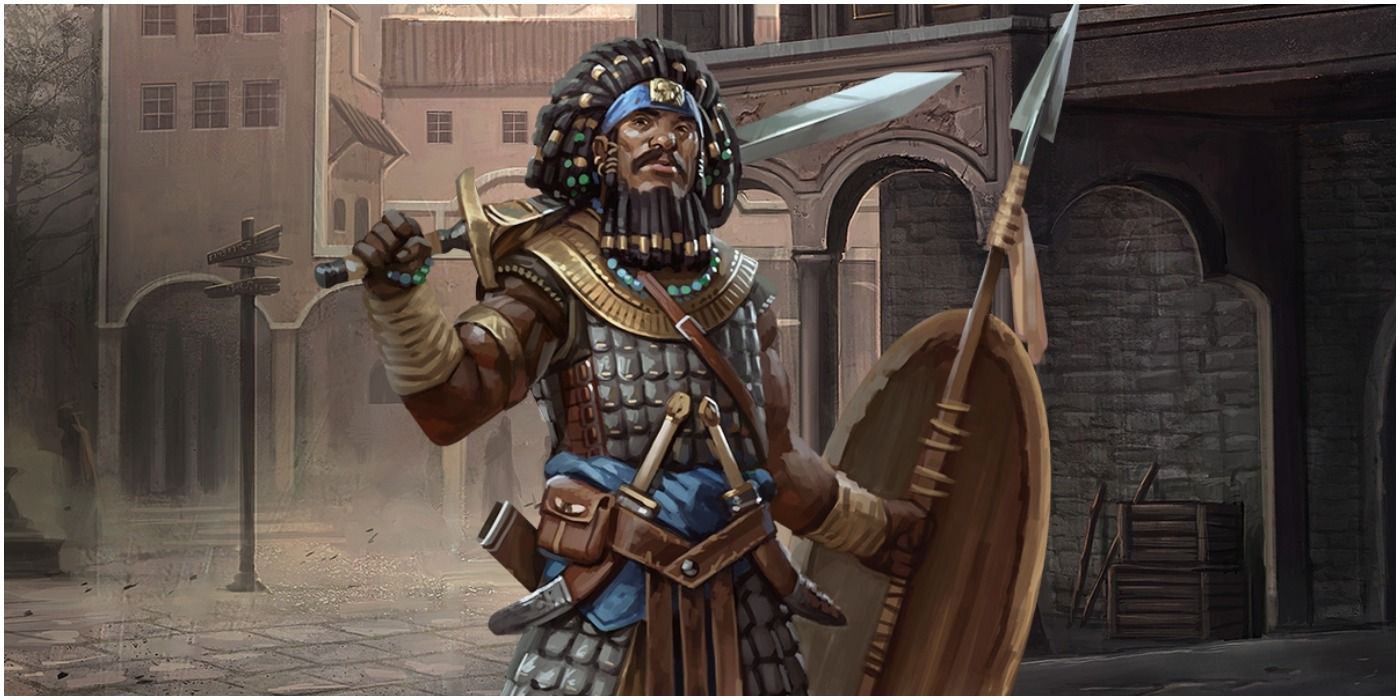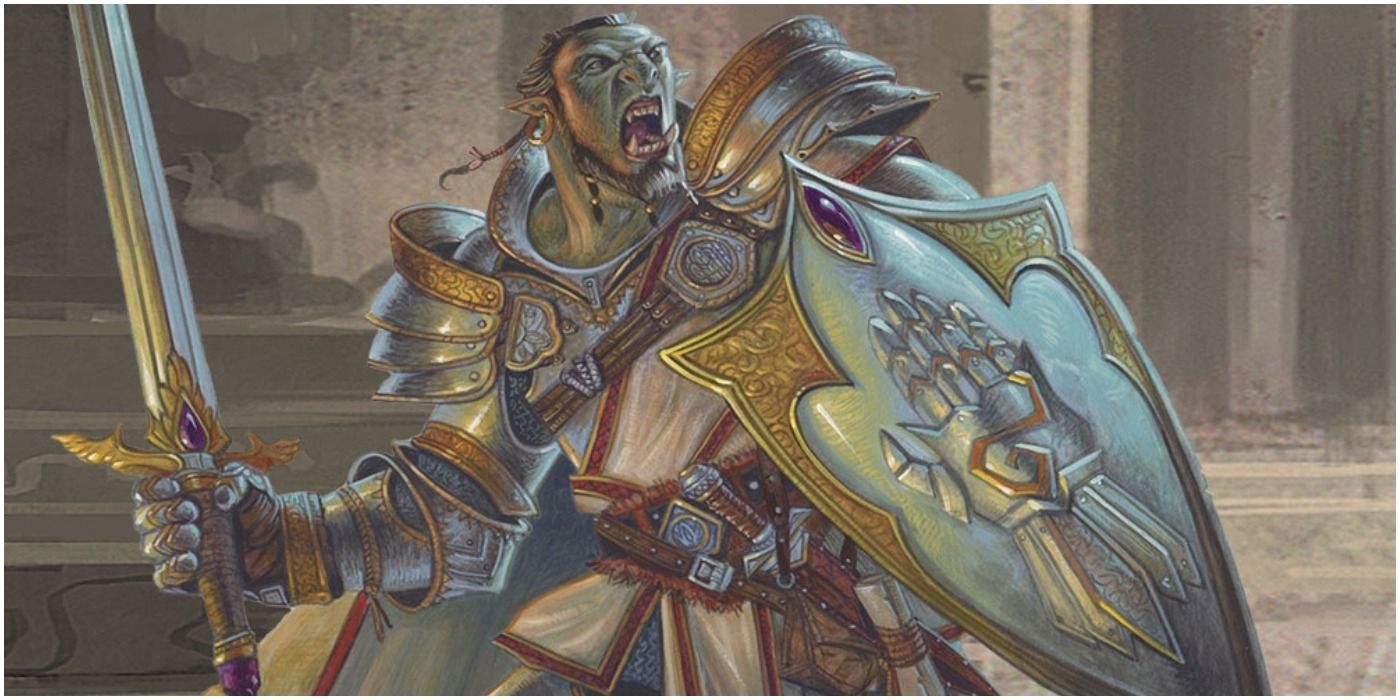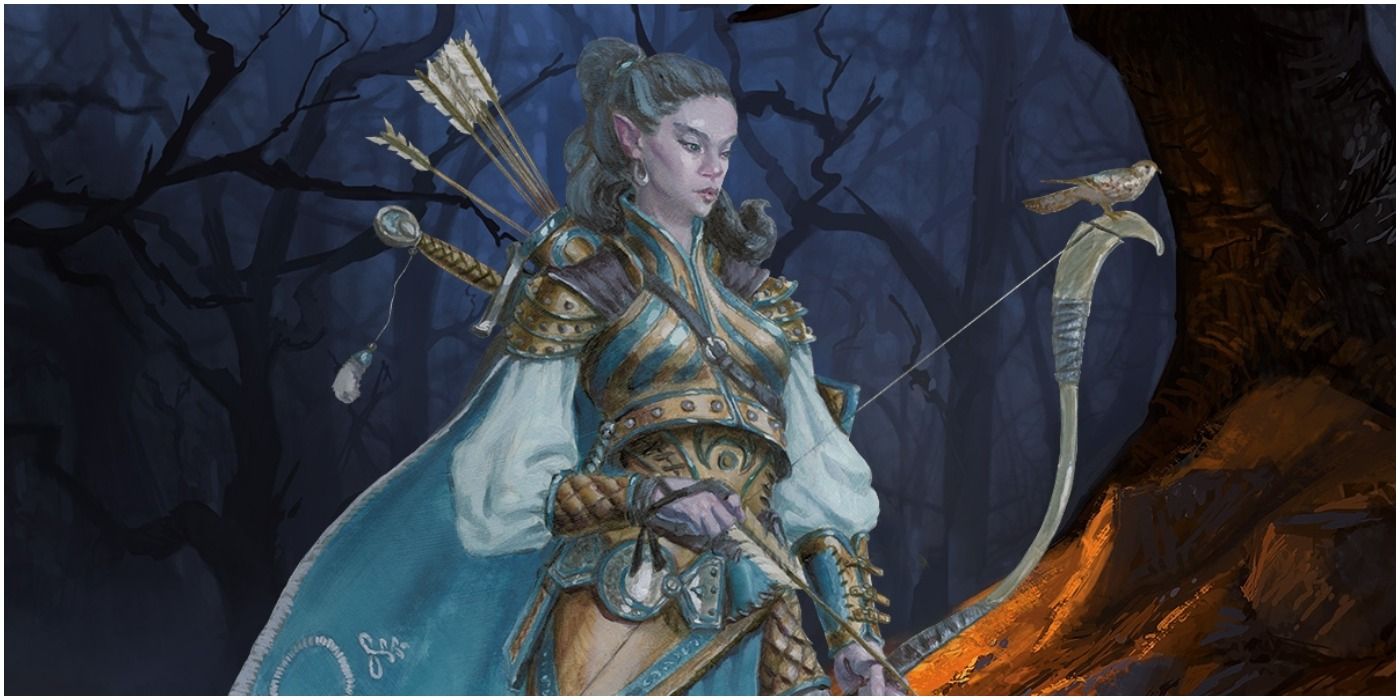While the Fighter class in Dungeons & Dragons does not get to wave their hands and use magic, it has its fair share of good times. Whether you're a weapon-oriented tank or a dexterity-driven duelist, fighters are a heck of a lot of fun to play as. If you're going to be hacking and slashing your way to victory, you might as well have some fun doing it, right?
As such, fighters should try to do certain things every time D&D players meet up to have a good campaign session. Read on if you want to know what actions and activities a fighter should strive for (and what they should desperately try to avoid).
10 Should Do: Use Your Fighting Style In Some Way
When first building a Fighter-class character, players must pick a Fighting Style that they'll take with them for the rest of the campaign. For example, a player could pick Archery, Defense, or Two-Weapon Fighting. No matter what you picked when you were crafting your character, be sure to use it at least once a session. Take advantage of the skills your fighter possesses. Otherwise, what was even the point of selecting that specific Fighting Style?
9 Should Avoid: Rolling Poorly On Initiative
While it is true that die rolls are not really in your control, you should still try to avoid rolling poorly when it comes to initiative. An initiative roll is what determines who goes first in combat. The higher you roll, the more likely it is that you will be able to strike first. As a fighter, you are the one most primed to do damage to enemies. That's why it is always extremely helpful when fighters roll high on initiative. So if you have a lucky die, you pull that out when it's time to roll initiative.
8 Should Do: Take The Lead When Entering A Room
Great at dealing damage, fighters are typically better suited for taking damage as well. We have good armor, a handy shield, or an incredibly high Dexterity score. As such, we can most likely take whatever is dished out. So when exploring a fortress or delving into a cavern, you take the lead.
Don't let your squishy compatriots go first. Not only will your placement protect them from (mostly) anything that attacks as you enter a room, it also places you in a prime position to retaliate.
7 Should Avoid: Making Your Support Class Team Members Do Most Fighting
Sometimes, unlucky die rolls force D&D players into a position where they can't easily fight a foe. However, no matter the cost, always try to do most of the fighting in a combat situation. Don't force your bard or rogue to handle an enemy while you try to open a door or lay a trap. You are the fighter in these situations. Your job is in your very name. No matter what style of fighting you prefer, you bull-rush that enemy with it. As a fighter, you are simultaneously the ultimate distraction and threat to an opponent.
6 Should Do: Use Extra Attack (At 5th Level)
Once a fighter reaches 5th level, they gain access to a handy little bonus called Extra Attack. What this means is that you can attack twice on a single action. You can always do this, and there is no rest required to recharge this ability. Always, and we mean always, use your Extra Attack in combat. Once that baby is available to you, you'll never want to go back to a single attack. Extra attack for as long as your fighter is alive and fighting. After all, one more attack means one more chance of downing a foe.
5 Should Avoid: Disengaging
This might sound like terrible advice, so take it as you please. But if you can help avoid disengaging, do it. To disengage in D&D means to spend an action removing yourself from combat with an enemy. It allows your character to step back without provoking an opportunity attack. First of all, if you're fighting up close with an opponent, you're applying pressure on them and keeping their attention focused on you. Second of all, disengaging is for rogues. Leave them to it.
4 Should Do: Action Surge (When Possible)
The benefit of an Extra Attack is doubled when your fighter Action Surges. To Action Surge is to give your character a chance to take another action. And if you have Extra Attack, it means that an Action Surge can give you access to two more attacks, meaning four attacks in total. If you're a melee monster, that means you have the potential to take down an enemy in a single turn.
That's every fighter's dream. (Every barbarian's dream too, now that we think about it.) Give yourself an opportunity to make this dream come true at least once a session.
3 Should Avoid: Ditching Your Armor Or Shield
A fighter is only as strong as their armor allows them to be. Armor and shields are a fighter's bread and butter, aside from their actual weapon. If you can help it, don't take your armor off unless absolutely necessary. And, if your Dungeon Master is particularly malicious, be sure to always clearly state when you take it off and put it back on. There's nothing more stomach-clenching than leaving an inn with your party and then hearing your DM sweetly ask, "Did you put your armor back on?" after you're already thirty miles away from the place.
2 Should Do: Hit An Enemy With Your Favorite Weapon
Don't lie. Every fighter has their favorite weapon. Though we are proficient with all simple and martial weapons, we have our particular favorite that we like to use more than the others. When playing a D&D session, be sure to pull that weapon out and give it a whirl in combat. There's nothing more satisfying that defeating a large monster with your friends while wielding your all-time best weapon. Be it a sword, bow, or axe, use your pet weapon as much as you can. It's a simple pleasure.
1 Should Avoid: Missing A Chance To Take An Opportunity Attack
Opportunity attacks are taken when a person forgets to disengage in combat. Characters within five feet of this unfortunate fool can make an attack on them as a reaction. Typically, DMs are the ones keeping a keen eye open for chances to catch unsuspecting players with an opportunity attack. Don't forget to apply this rule back at them. If an enemy within five feet of you forgets to disengage, use your fighter muscle to deal them an opportunity attack they won't soon forget.

